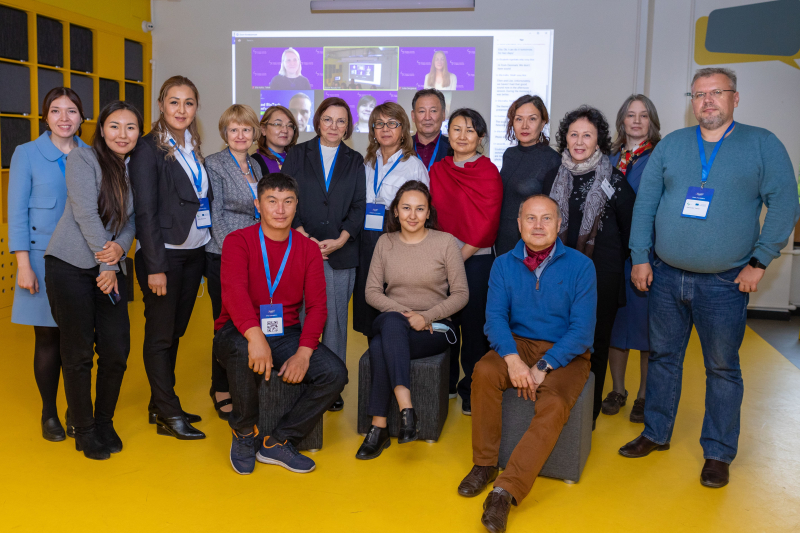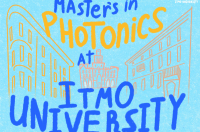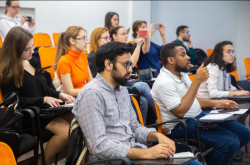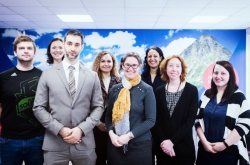The project launched in 2018, when ITMO University in collaboration with Tampere University of Applied Sciences (TAMK) won an Erasmus+ grant. The main aim of the project was to develop a number of courses on environmental management and waste management technologies in Russia and Kazakhstan.
There were several universities involved in the grant. Besides TAMK, Lillebaelt Academy (Denmark) and the University of Valladolid (Spain) were involved from Europe. The Russian side also included the Ural Federal University and Tyumen State University, and from Kazakhstan there were three universities – the Al-Farabi Kazakh National University, South Kazakhstan State University, and Ualikhanov University.
The project resulted in eight modules with several courses each, all of them available online on such platforms as Open Education, Open University Kazakhstan, edX, Coursera, and others. The majority of these courses have been approved and will soon become part of the Master’s programs curriculum.
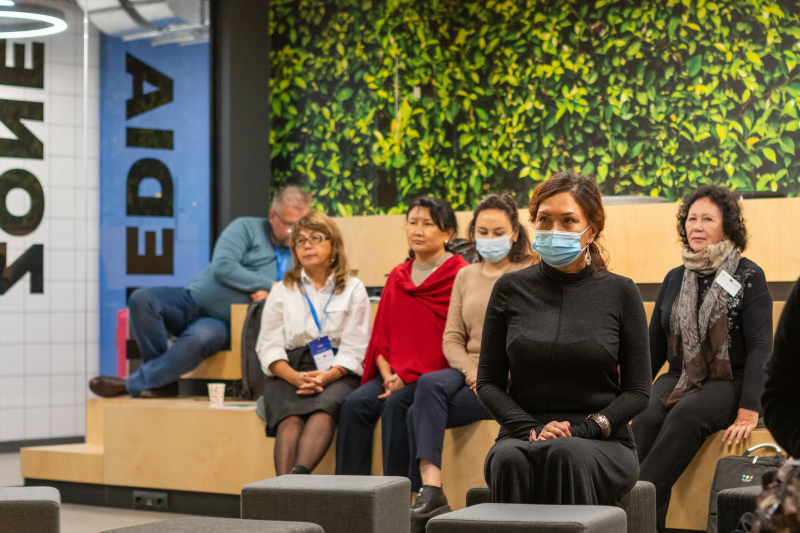
The final conference of the EduEnvi project. Photo by Dmitry Grigoryev, ITMO.NEWS
Each module focuses on a specific aspect of sustainable development. Three modules delve into waste management technologies, another three focus on environmental, state, and institutional management. The last two modules touch upon environmental monitoring and evaluating the lifecycle of existing and promising waste management technologies.
In total, the participants created 20 courses with each university focusing on those topics that fit its competencies and interests the most.
We’ve asked project coordinators and participants how the program benefited them and how the acquired results will be applied.
Olga Sergienko
Head of the Industrial Ecology Master’s program and coordinator of the project
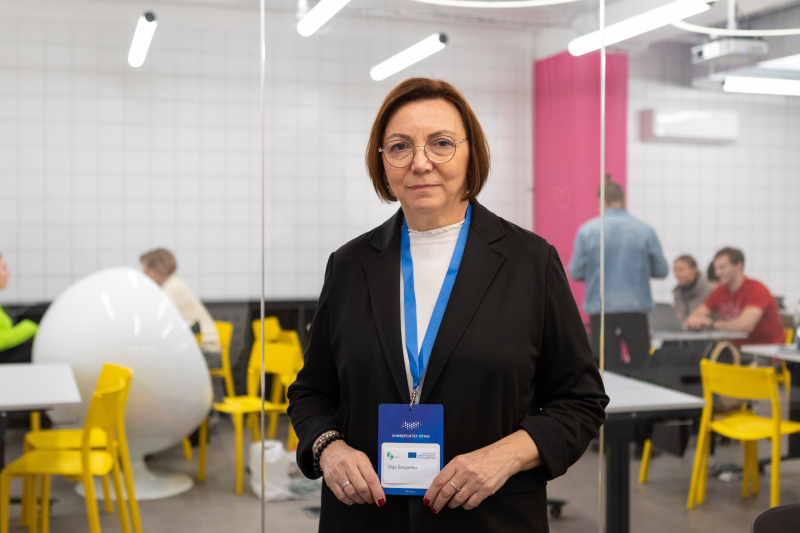
Olga Sergienko. Photo by Dmitry Grigoryev, ITMO.NEWS
Our university was responsible for seven courses in various modules, among them: environmental risk management, entrepreneurship in waste management, using ecobiotechnologies in waste management, waste prevention, and the experience of lifecycle evaluation and environmental design for waste prevention. Some of the courses have had several cohorts on the Open Education platform and one of them, Application of ISO 14001 for Waste Prevention is available on edX. We are currently translating the other courses into English.
The Erasmus+ Strategic partnerships program focuses on Capacity Building for Higher Education, thereby contributing to the development of each of the participating universities. In this sense, the project was a success.
First of all, we’ve filled in huge information gaps – up to this point education in the field of waste management was in bits and pieces and now we have a core of 20 courses, which is quite a substantial amount. They span a rather wide array of topics from ecology and biotechnology to economic solutions and waste prevention.
Second, we developed these courses with online tools, which was a great advantage when the pandemic hit. Thanks to the training at TAMK on working in the new information field, we were all more prepared and calm when we had to transition to online.
Third, we realized that all participating universities have common interests. For instance, during the project, we found a new partner in Spain, at the Institute of Sustainable Processes of the University of Valladolid and we’ve already signed a contract for student and lecturer exchange. We are also discussing potential joint educational projects with TAMK and the Al-Farabi Kazakh National University implements a double degree program with ITMO’s Faculty of Technological Management and Innovations.
Irina Sergeeva
Head of the Quality Management Master’s program at the Faculty of Technological Management and Innovations
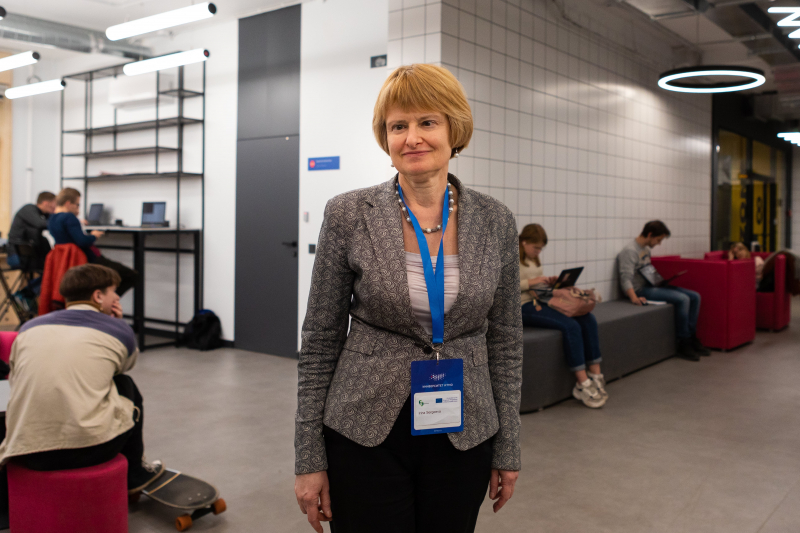
Photo by Dmitry Grigoryev, ITMO.NEWS
Our faculty developed a module on environmental management that included two courses: modeling business processes in the field of sustainable waste management and business planning. We already had a foundation for these courses thanks to the connections we had with TAMK that were established before the project launched. Lecturers from that university had already held week-long intensives on applying the Canvas model in sustainable waste management.
These two courses are available on the Open Education platform with its first cohort starting this month. We already tested the courses previously with ITMO students and now they’re going to be tested outside the university, and we will have more feedback.
Moreover, the project resulted in closer collaboration with our business partners, for instance, with Rus Recycling, a company that works in the field of paper and glass recycling. We have established an agreement that it will collect waste paper for recycling at ITMO’s Lomonosova campus. We are hoping to organize such waste collection for other university buildings.
The company also took part in the project as an industry representative – staff from their team evaluated the skills of our students who are studying entrepreneurship and technology. Another expert in the project was the Russian Register certification association who is our corporate partner for the Quality Management program. The company’s specialists praised the level of competence acquired by students at the end of our two courses.
Zhannar Shortanbayeva
Deputy head of the training and education department of the Faculty of Physics and Engineering at the Al-Farabi Kazakh National University
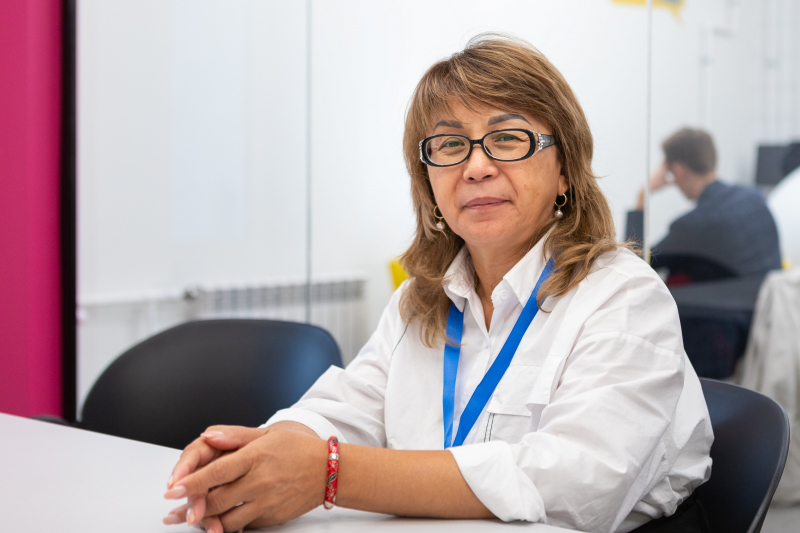
Photo by Dmitry Grigoryev, ITMO.NEWS
We had to create two modules: non-energy-based and energy-based waste utilization. These modules include five online courses – among other things, we talk about the process of waste utilization, identification of its morphological compounds, and recycling methods. One of the courses, Installations and Means of Waste Utilization, focuses on the research done by our own group in the field of plasma-based recycling and energy efficient waste utilization technologies. We collaborated on this course with our industrial partner, Plasmotekhnika research and technological society.
We had no previous experience with such courses, but our faculty has extensive background in teaching technical majors connected to physics and industrial hardware. For instance, we have the program Heat Power Engineering, where we analyze the issues of burning liquid or solid organic fuels. For many years already, we’ve been studying ways to reduce emissions in the atmosphere. We’ve also relied on research conducted by our School of Cryogenics, for example, one of the new technologies of plastic recycling suggests freezing it first to make it brittle, so that it can be simply hammered into pieces.
Our courses have garnered quite some popularity because they are simple and don’t have any specific prerequisites. About 200 students have acquired certificates upon completing the course and various schools and educational organizations have requested access to the course.
Just like Russia, Kazakhstan has also seen some significant changes in environmental policy, while the civic movement flourishes: people campaign against waste incineration plants. We hold webinars for them and join forces. There is hope that we will one day get close to the level reached in developed countries.
Olga Prituzhalova
Associate professor at the environmental geology and nature management department of Tyumen State University
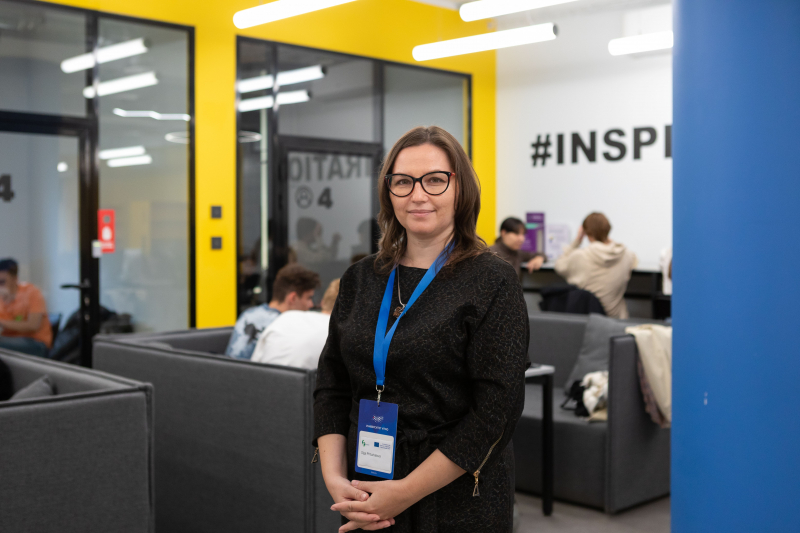
Photo by Dmitry Grigoryev, ITMO.NEWS
Our university joined the project a little later than other partners. We, too, had to develop courses – in our case in the field of environmental risks and waste burial, as well as methods for lifecycle evaluation.
The topic of environmental risks was almost completely new to us, apart from some basic practical knowledge that we’d already tested with students. We had some practical tasks for the course in lifecycle management, but not all of them could fit into the online format, so we had to change a lot – especially after we’d taken the course on digital education tools. All three of our courses are available on Stepik, we use them when teaching Bachelor’s and Master’s students.
We decided to take part in the project to learn something new and get well-versed in online technologies. We simply couldn’t miss this chance. Naturally, we were also interested in partnership with leading universities in Kazakhstan, Russia, and Europe. We’ve already discussed future publications and the prospects of our courses.
Sergey Polbitsyn
Professor at the Management and Economics Institute of Ural Federal University
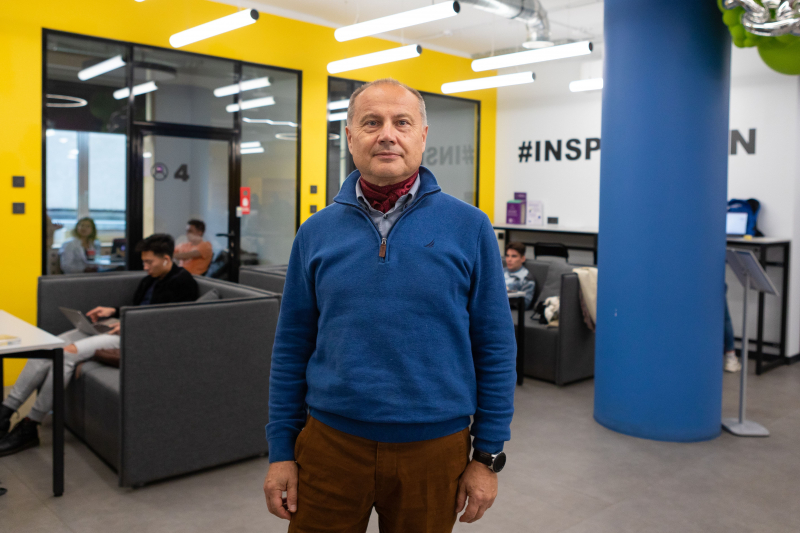
Photo by Dmitry Grigoryev, ITMO.NEWS
We were responsible for the course on institutional approaches to solid waste management. We offer a new approach which is not based on legislation or economic theories, but on institutions. It means that the participants unite because it will be beneficial for society, not to make a lot of money and not because they are obliged to by law..
We are trying to establish such conditions and regulations for recycling that will be convenient for everyone. Europe has already started moving in this direction – of course, they’ve done it before, too, they just didn’t use the term “institutional.” Russia, too, has started paying more attention to the matter.
We took the best research conducted in Russia, Europe, and the US, and adapted it for our course. It will now be taught at our university – we’ve even based a Master’s program on it.
Botagoz Mutaliyeva
Associate professor of the biotechnology department of the South Kazakhstan State University, coordinator of the project for universities in Kazakhstan
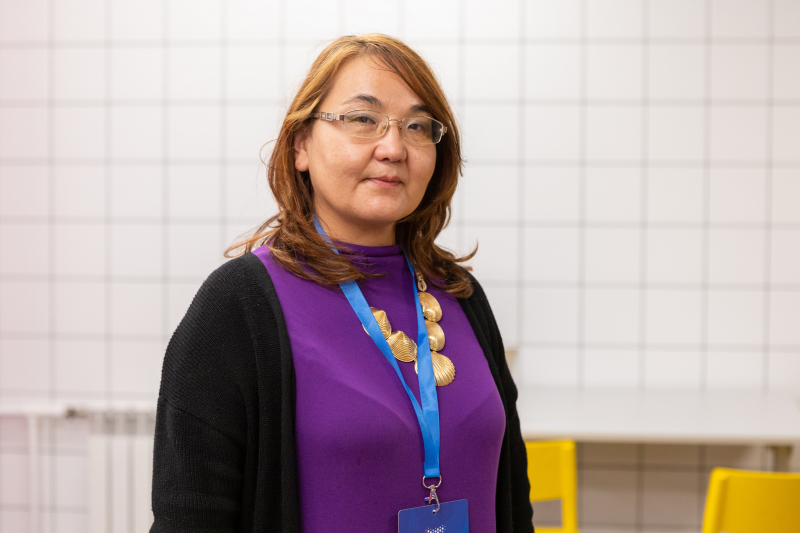
Photo by Dmitry Grigoryev, ITMO.NEWS
Our university has developed the Foundations of Environmental Biotechnologies course, which covers waste disposal methods for various industries – for instance, food production or oil refining. We’ve held a number of events to identify the needs of these industries in terms of waste management and included them in the course as a case study, so that students could come up with some specific solutions. This will boost their professional development and raise their competitive abilities in their future careers.
The EduEnvi project was very useful – among other things, we’ve improved our level of English, because that was our working language. Moreover, the competencies we’ve acquired from TAMK will come in handy during the pandemic. Their course on digital education led us to hold our own seminars and webinars for university lecturers, as well as for school teachers.
